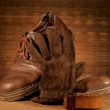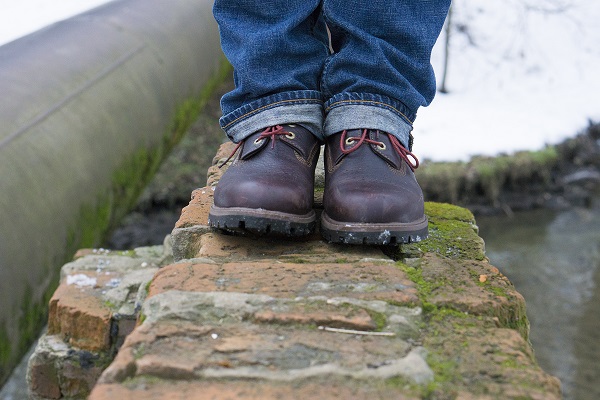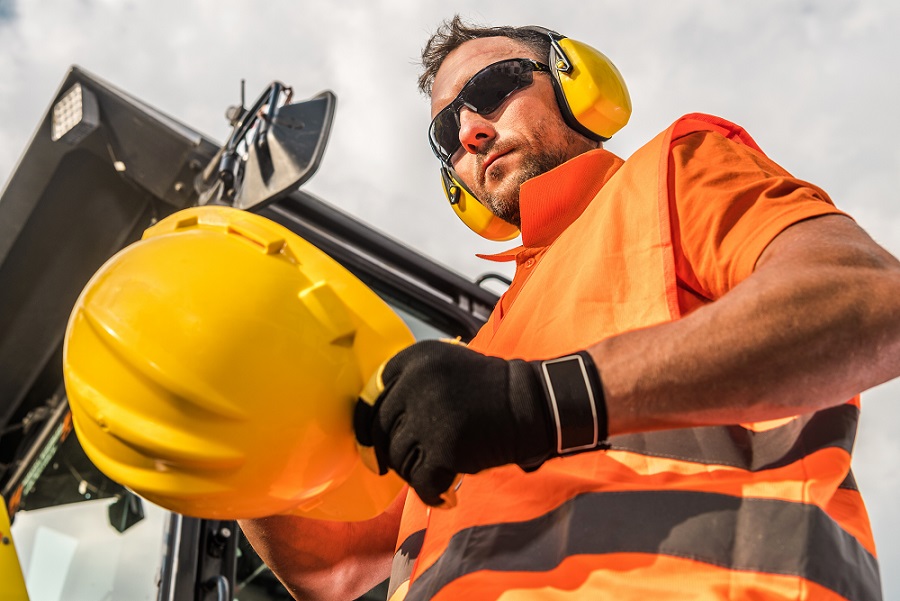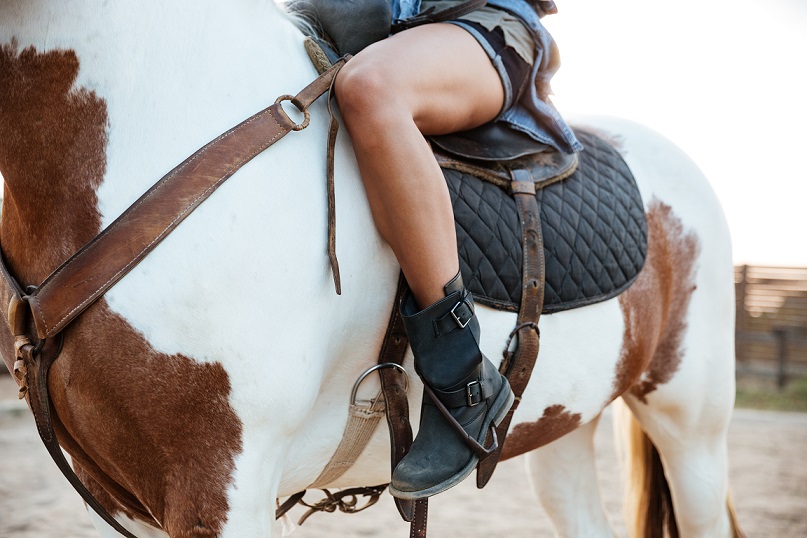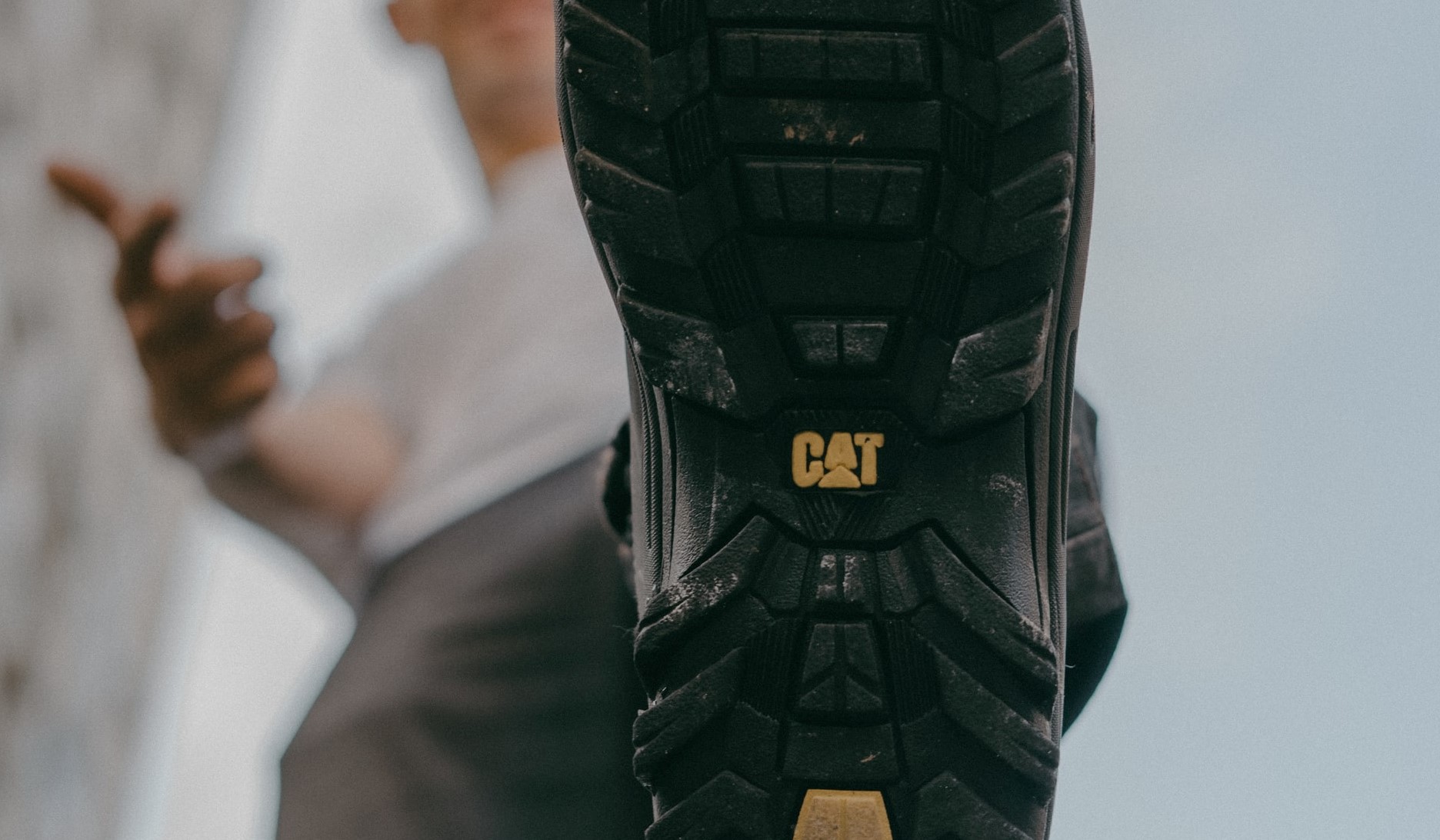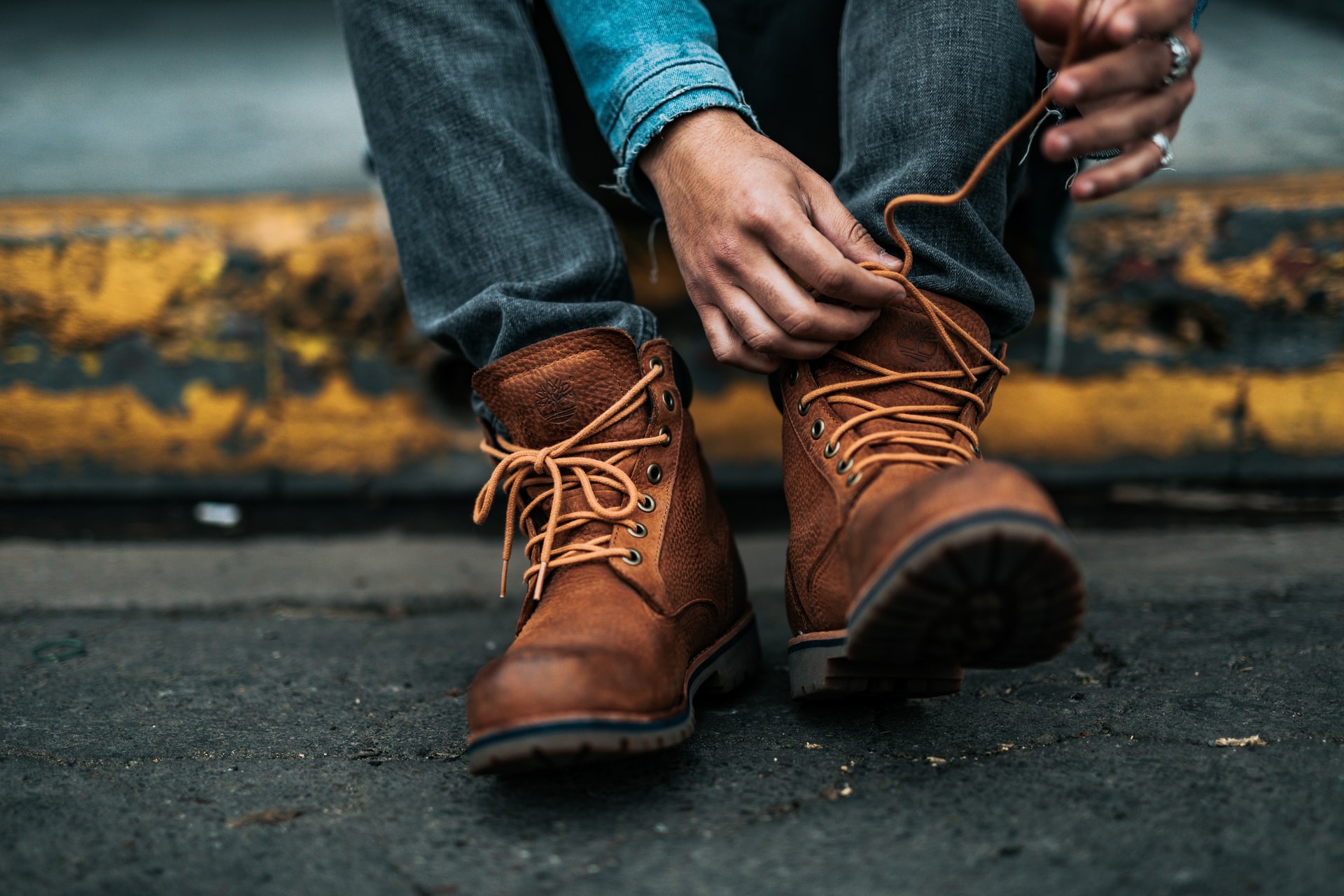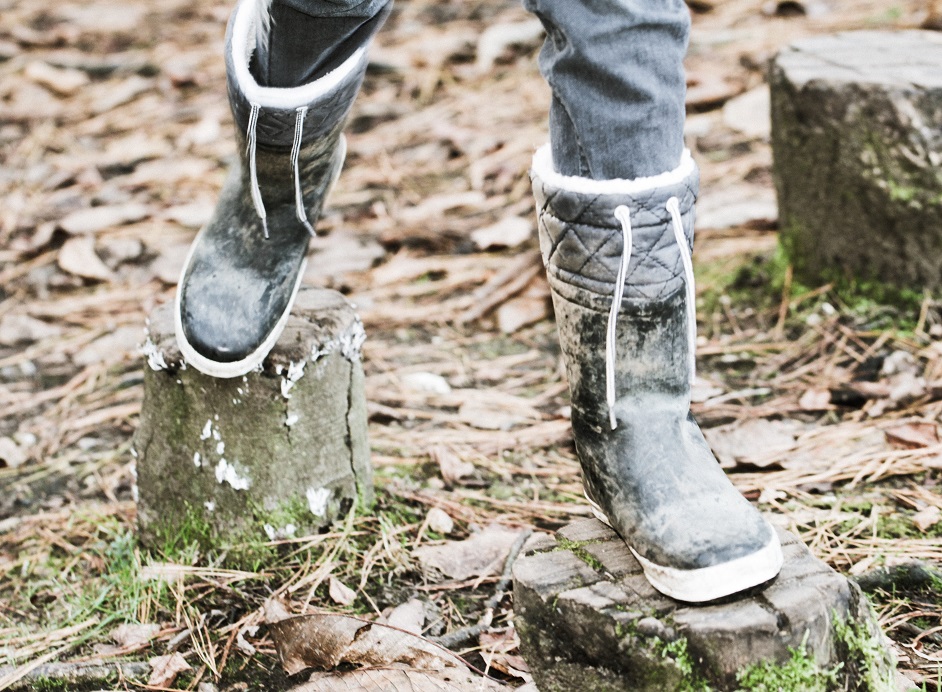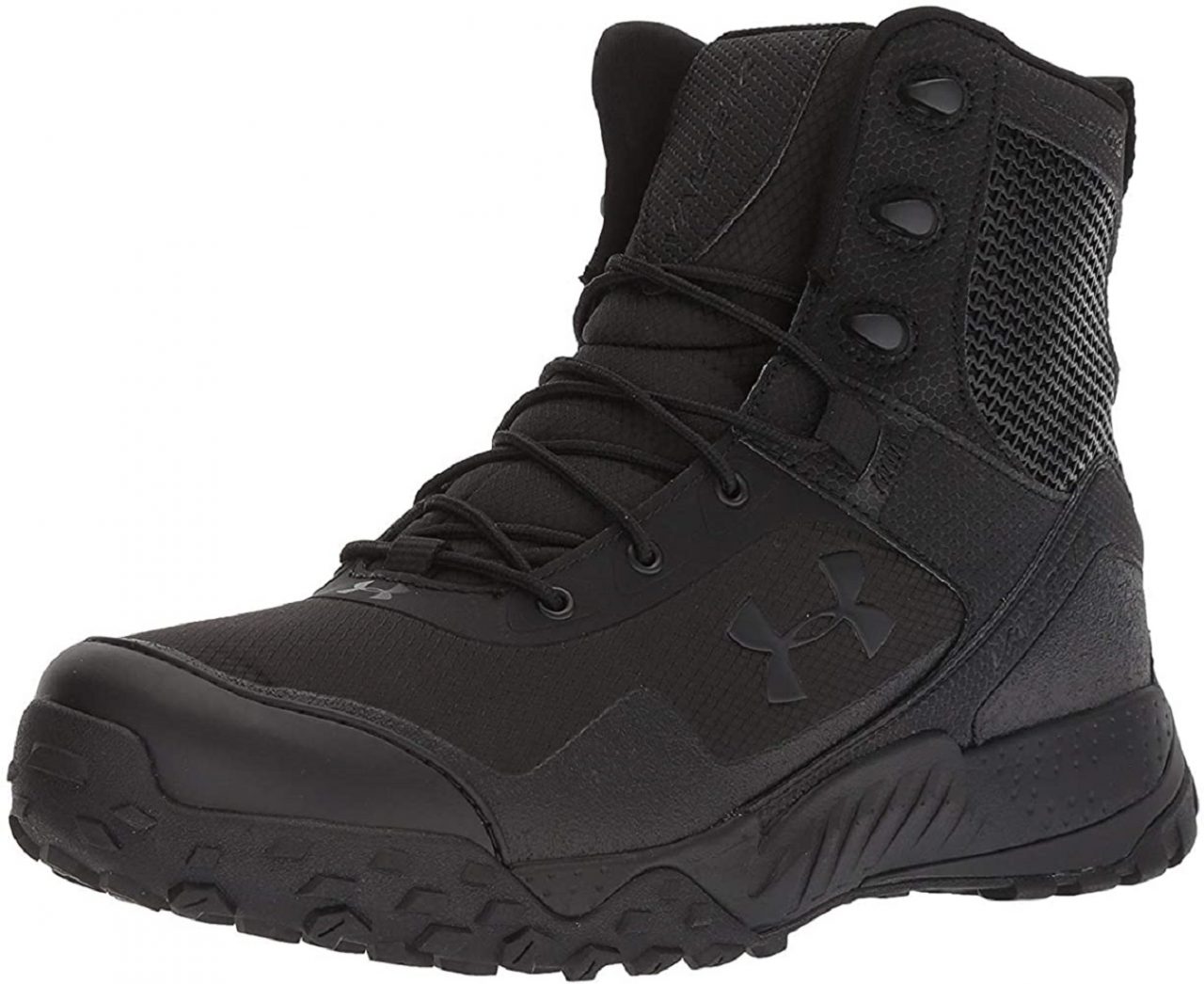Workwear Guru is reader-supported. When you buy through links on our site, we may earn an affiliate commission. Learn more
If you came across this article, you most probably are contemplating how much do work boots weigh. It is out of doubt that one of the key features that determine the comfort of the shoes is the weight, especially if we’re talking about safety boots.
In comparison to regular boots, work boots are heavier. On average, work boots weigh between 2 to 3 pounds per boot, whereas a regular boot weighs below 2 pounds. This is because work boots are constructed specifically to protect your feet from falling, rolling, heavy, or sharp objects.
We researched and created a complete guide to show you how much do work boots weigh.
What Makes Work Boots Heavy?
Work boots function as a shield to protect your feet from injuries at the workplace. Although they are designed to keep your feet safe from heavy and sharp objects, they also protect you from slippery floors, inconvenient temperatures, electric shocks, and chemicals. Accordingly, the material they are made of to meet all these OSHA requirements, the layers, the stitches, and the caps, all affect the weight of work boots, making them heavier than everyday footwear.
Material affects work boots weight
So, how much do work boots weigh, precisely? The answer depends on the way they are designed.
The material the work boots are made of has a significant impact on the boot weight. If the weight of the boots matters to you, be picky when it comes to the material.
Leather boots weight
Leather boots are considered the most long-lasting footwear. Although we can view leather as only dead animal skin, it goes through a tannery process to steal a march on decaying and rotting phases of the skin; as a result, leather footwear becomes more durable.
But, such a benefit to prolong the boots’ life has its cost: leather boots are heavier and chunky. Leather boots weigh more than boots made of other materials—in most cases, a leather boot weighs up to 4 pounds.
Suede boots weight
Even though suede is a leather form, the boots made of suede weigh less, and this is because they do not undergo the process of tanning in the preservation procedures. If the weight of your boots hinders the working process, go with suede work boots since their weight is around 3 to 4 pounds.
Suede boots would be a perfect fit, unless you’ll have to walk out or work on rainy days, too.
Fabric boots weight
Since leather material was considered heavy footwear over the years, it led to the invention of other fabric boots. These boots are made of synthetic substances and weigh much less than leather boots. Due to lifestyle changes and needs, fabric boots have become lighter day by day, thanks to the progress of technology.
Fabric boots are comfortable, durable, and an ideal pair would weigh up to 3 pounds.
Plastic boots weight
If you were looking for the lightest material of them all, we have a winner. Plastic is the most lightweight footwear material out there; a plastic boot, in general, weighs less than one pound and is mainly designed for rainy weather conditions.
Plastic boots are quite long-lasting, but we have some doubts when it comes to feeling comfortable with them. There is not enough space to stretch your feet or a chance to break in your plastic boots.
Outsoles affect work boots’ weight
Another factor that affects the work boots’ weight is the outsoles. The outsoles of your boots can consist of various materials, and since they vary in density, they may affect the weight of your work boots.
Different outsoles affect the boot’s weight differently, for example:
- Leather outsoles are among the most durable outsoles to add to the boots and add up a lot of weight to the boots.
- Rubber outsoles are cheaper, durable, and thicker. However, they can add more weight than the leather outsoles.
- Commando outsoles are the heaviest of them all. Commando outsoles are an excellent alternative for hiking and traveling under challenging conditions, but the thick lugs and their rough design make them weigh more than other outsoles.
- Ridgeway outsoles: are lighter than commando ones, yet they add a lot of weight to the boot, too. Their thick lugs and durability distinguish them.
- Wedge outsoles are the lightest outsoles, defined by their spongy vibes and a wedge covering the boot’s front part.
- Cork nitrile outsoles are another lightweight outsoles. They are made out of both rubber and cork and consist of no lines or lugs—that’s why they weigh less.
Shank affects work boots’ weight
When shopping for work boots, pay close attention to the shank as its composition affects your work boots’ weight and comfort.
The small element set amid the midsole and the outer part of the boot contributes to the balance and support when walking. Shank is built with steel, leather, composite, wood, or fiberglass. Different materials of the shank add up to the weight of the boot differently.
Insulation affects work boots’ weight
If you work in hazardous environments, that means that your boots need to meet the OSHA requirements and need to be insulated. Insulated boots keep your feet warm in cold temperatures, which means they are constructed differently from other boots. The additional material used to design insulated boots, like thermal linings, makes the work boots heavier than the non-insulated ones.
Toe cap protection affects work boots weight
The toe caps of the boots could be of various shapes, sizes, or materials, to protect your toes from heavy tools at work. The toe caps affect the weight of your boots, but how much do work boots weigh depends on the toe caps’ material as well.
From the heaviest to the lightest, here’s what kind of toe cap protection you can run into:
- Steel toe cap
- Aluminum toe cap
- Composite toe cap
- Leather toe cap
The size of the boots affects work boots weight
One more factor that impacts the boot weight is the size of the boot. This one’s easy to guess! The bigger the size of the boots, the heavier they will be. This is because more material is needed to design the boots.
How Much Do Work Boots Weigh?
Your work boots need to provide you with the comfort and protection required to fulfill a task successfully. If the boot weight bothers or hinders you to a certain point, here’s a rundown you should go through:
How much do steel toe boots weigh?
If you own a pair of steel-toe boots, you already know the answer to this question. You can feel the weight once you put them on and step outside.
But, how much do steel toe boots weigh, for real? We would say a lot, compared to other types of work boots! This is because they consist of steel toe caps featuring a steel layer down the boot’s midsole. If you happen to work under dangerous conditions at your workplace, do not think twice about what type of work boots to purchase. Although they weigh around 3.5 to 4.5 pounds, they offer you maximum protection.
How much do composite toe boots weigh?
Composite toe boots do not contain metal at any part of the boot. Their cap toes are made of a mixture of other materials such as Kevlar, carbon fibers, rubbers, and plastics.
Although composite toe boots are not as strong as steel toe boots, they feel chunkier but lighter than steel toe boots; they weigh between 1.75 to 4 pounds. With excellent thermal insulation, composite toe boots make a comfy pair of work boots to protect your feet, plus with less weight.
How much do cowboy boots weigh?
If you’re thinking of purchasing a pair of cowboy boots, the weight won’t stop you from doing so.
Cowboy boots are fashionable, patriotic, and you could rock any looks with them on, be that at work or a bar. These boots are mainly made of leather, which means you might feel a little too much weight on your feet when you wear them.
In general, a cowboy boot weighs about 2.75 pounds. Yes, a pair of cowboy boots is double the weight mentioned above!
How much do timberlands weigh?
Timberland work boots weigh 2 pounds 16 ounces; this is due to the steel construction they contain. For this reason, Timberlands are stronger but heavier. They are durable and comfortable, so if you work in construction or industrial zones or love going hiking, you can’t go wrong with a pair of timberland boots.
How Does Work Boot Weight Affect You?
If you own a pair of work boots, it means that you have to walk or stand for long hours at work – under risky conditions. And, during the whole day, you fight fatigue, pain, or even blisters on your feet. All this would be much more difficult to handle with heavy boots on. More importantly, heavy boots can cause long-term illness in your body parts, such as:
- Knee and joint pain
- Foot corns
- Muscle and tendon weakness
- Spine damage
- Restless feels
Key Takeaway
Your work boots are crucial at your workplace and carrying out particular tasks. But, be picky when purchasing a pair of work boots. The material they’re made of affects how much work boots weigh. Although the lighter the boots, the easier it is to finish your work operations, we would recommend that you choose safety above all. Choose your work boots wisely depending on your work needs.



